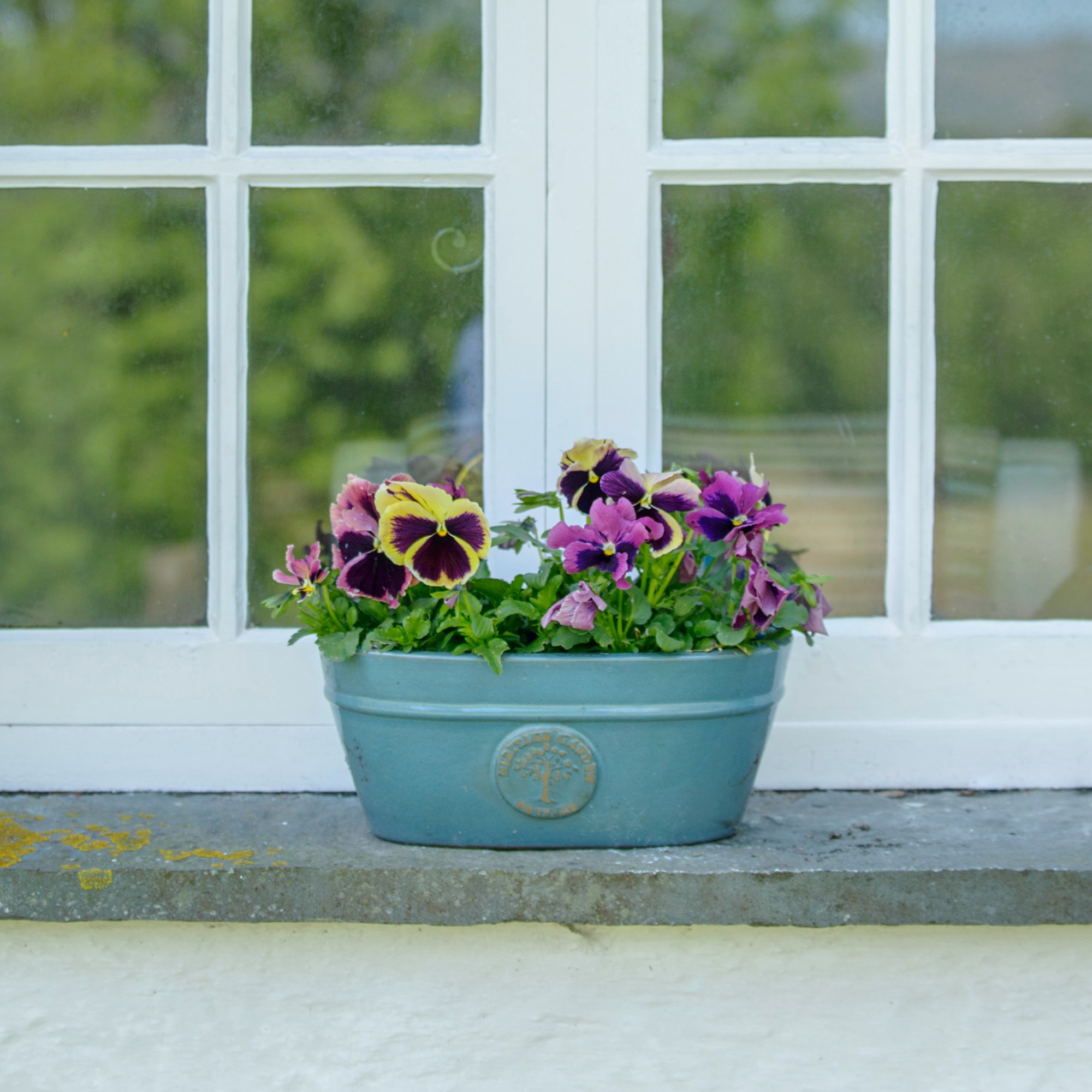
Loved for their pretty and petite blooms in vibrant colours, pansies make for the perfect addition to your summer garden borders and window boxes alike. But for them to keep thriving and flowering year after year you need to know how to care for pansies.
Taking care of pansies is different from how you’d grow winter pansies, the winter-flowering sister variety of the traditional pansies. And there are a few things one must know and do to make the most of these bright-flowered beauties.
Earlier this week, home improvement and gardening store, Homebase, reported that pansies were at the top of the list of most bought plants over the bank holiday weekend. So if you’re one of the many Brits investing in pansies, this is what you’ll need to do to take care of them and help them thrive.
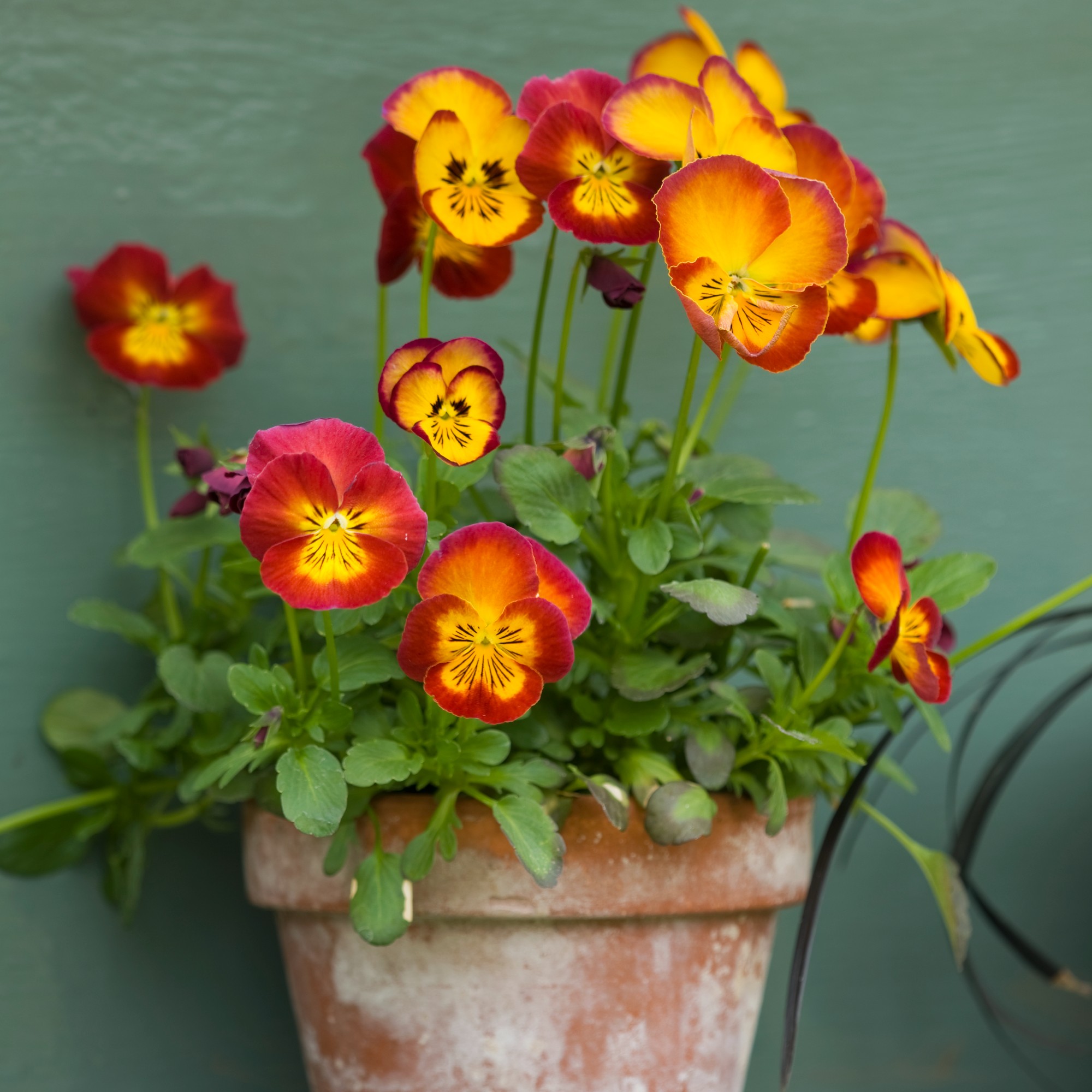
How to care for pansies
Classed as short-term perennial plants that flower through the summer and sometimes even during autumn, pansies would look beautiful planted in your garden borders, decorating your window sills or as part of a garden flower table a la Monty Don.
‘Pansies are classed as short-term perennials, meaning they'll bloom again for the next couple of years but then eventually you'll have to replant them,’ says Steve Chilton, garden expert at LeisureBench.
‘Many people opt for replanting every year just to be on the safe side that they're going to flower, however, it really is up to you on what you'd like to do.’
But apart from replanting them every couple of years, there are a few other steps you’ll need to take care of more frequently so that your pansies keep blooming.
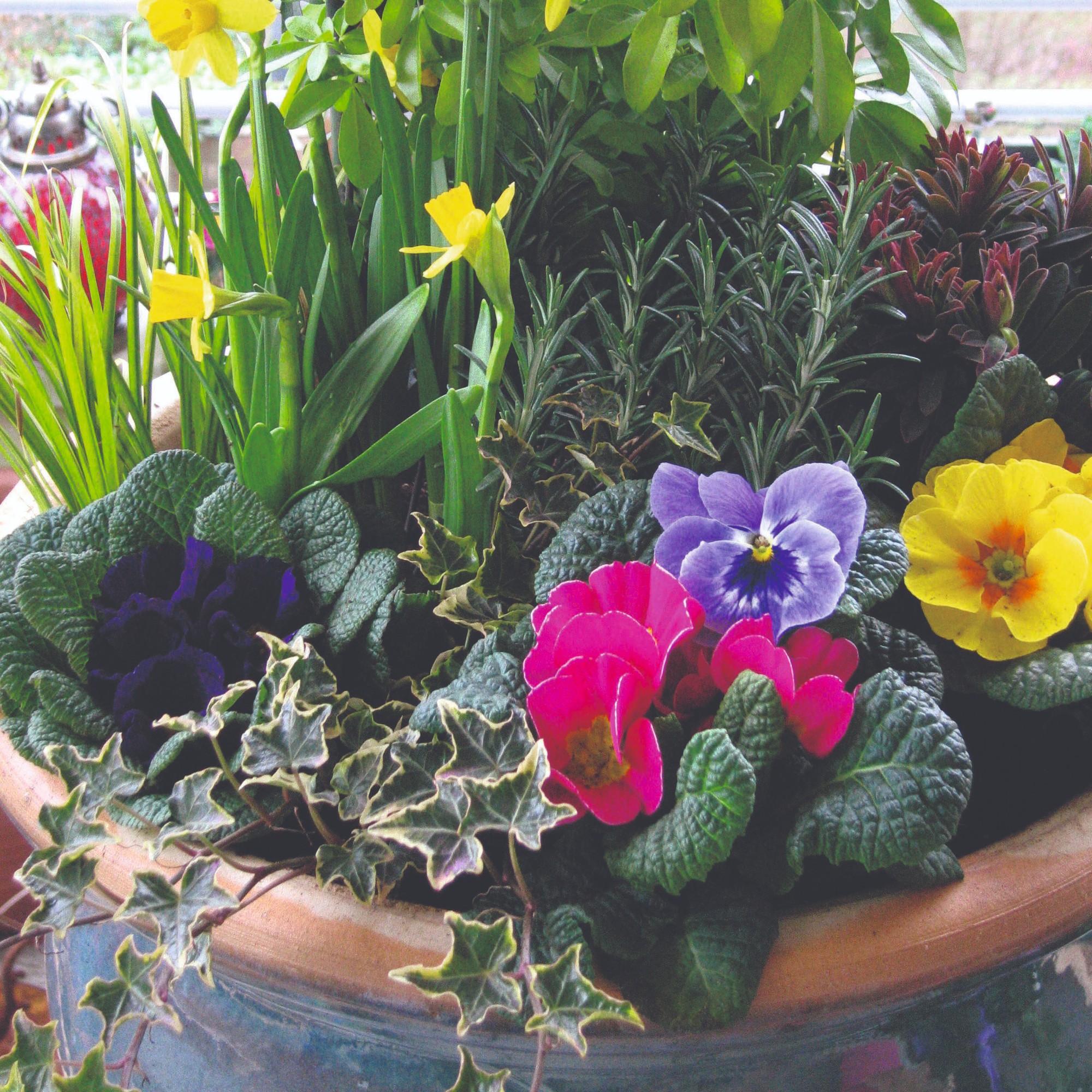
Where to buy pansies
- Amazon: One Click Plants 20 Pack Pansies
- Thompson & Morgan: Pansy 'Waterfall Mix'
- Dobies: Pansy 'Most Scented' Mix
Step-by-step guide
To make this as easy as possible, we have broken this down into an easy-to-follow step-by-step guide to caring for pansies, much like our how to care for winter honeysuckle guide.

1. Choose the right planting spot
Picking the right place for your pansies, one with enough sunlight and shade, is crucial for their health.
‘The main care requirements for growing pansies include planting them in a partially shaded location in rich soil to give them the best chance at thriving,’ says Petar Ivanov, Fantastic Gardeners' gardening and plant expert.
‘Pansies can thrive in both full sun and partial shade, but they need cool temperatures to thrive. Because of that, the ideal planting site for them is the one that gets morning sunlight but avoids late afternoon heat,’ Petar explains.
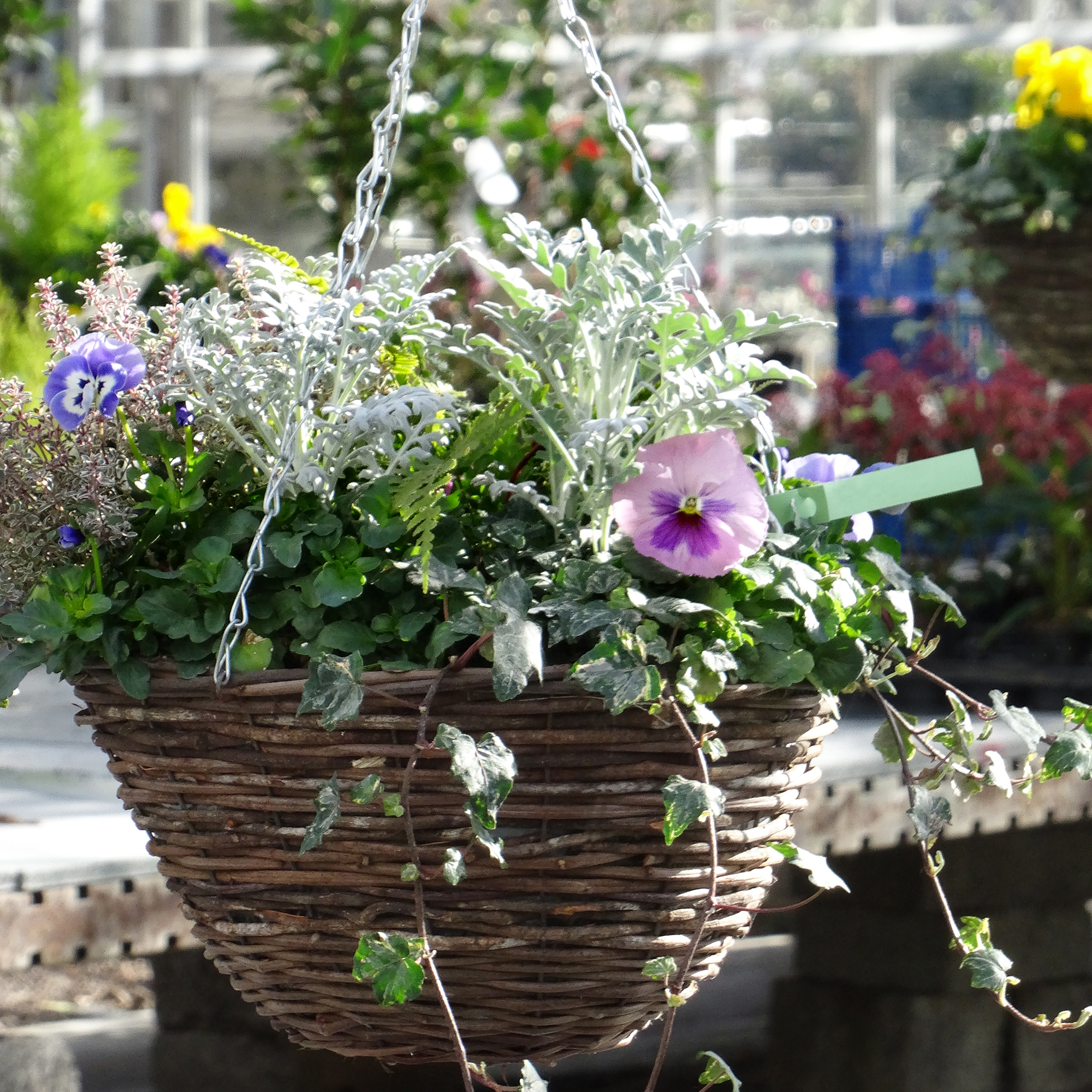
2. Water them regularly
Pansies will need regular watering. But be careful not to overdo it.
‘Water them regularly but don't oversaturate the soil. Watering them once a week should be enough,’ Petar recommends.
3. Feed your pansies
Similarly to watering, pansies also need regular feeding with fertiliser like the Westland Growmore Balanced Fertiliser from Amazon. Ideally once a month during their growing season.
‘Feed them monthly with a balanced fertiliser,’ Petar confirms.
That’s also how you’ll keep your pansies blooming for as long as possible.
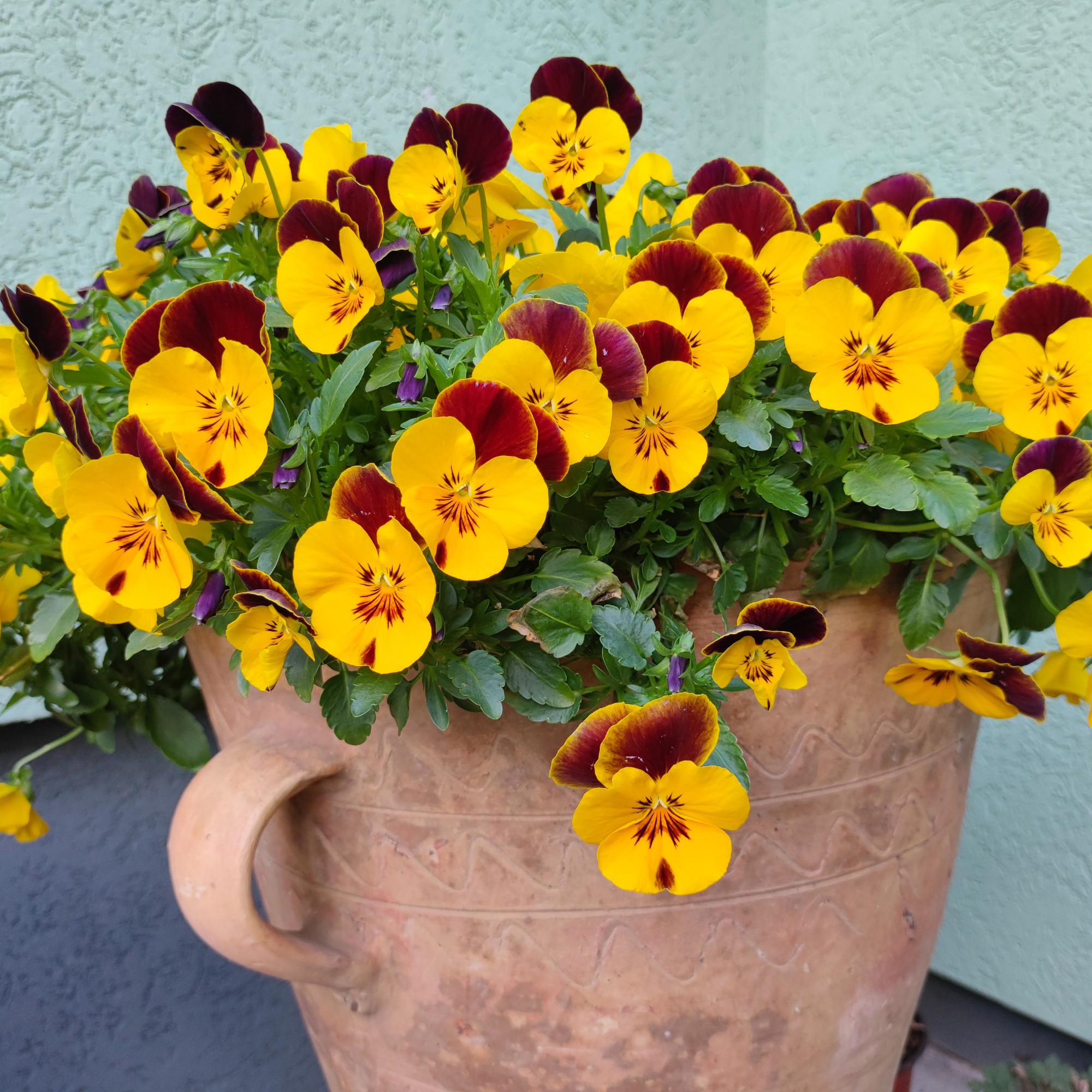
FAQs
How do you keep pansies blooming?
As previously mentioned, regularly feeding your pansies with fertiliser will keep them blooming.
‘You keep them blooming for the next couple of years by taking good care of them, including feeding them fertiliser and deadheading them as soon as possible,’ Steve says.
Petar adds, ‘Allow your pansy plants to still remain in your garden and rest during the hottest months and they will probably begin blooming again in the fall.’
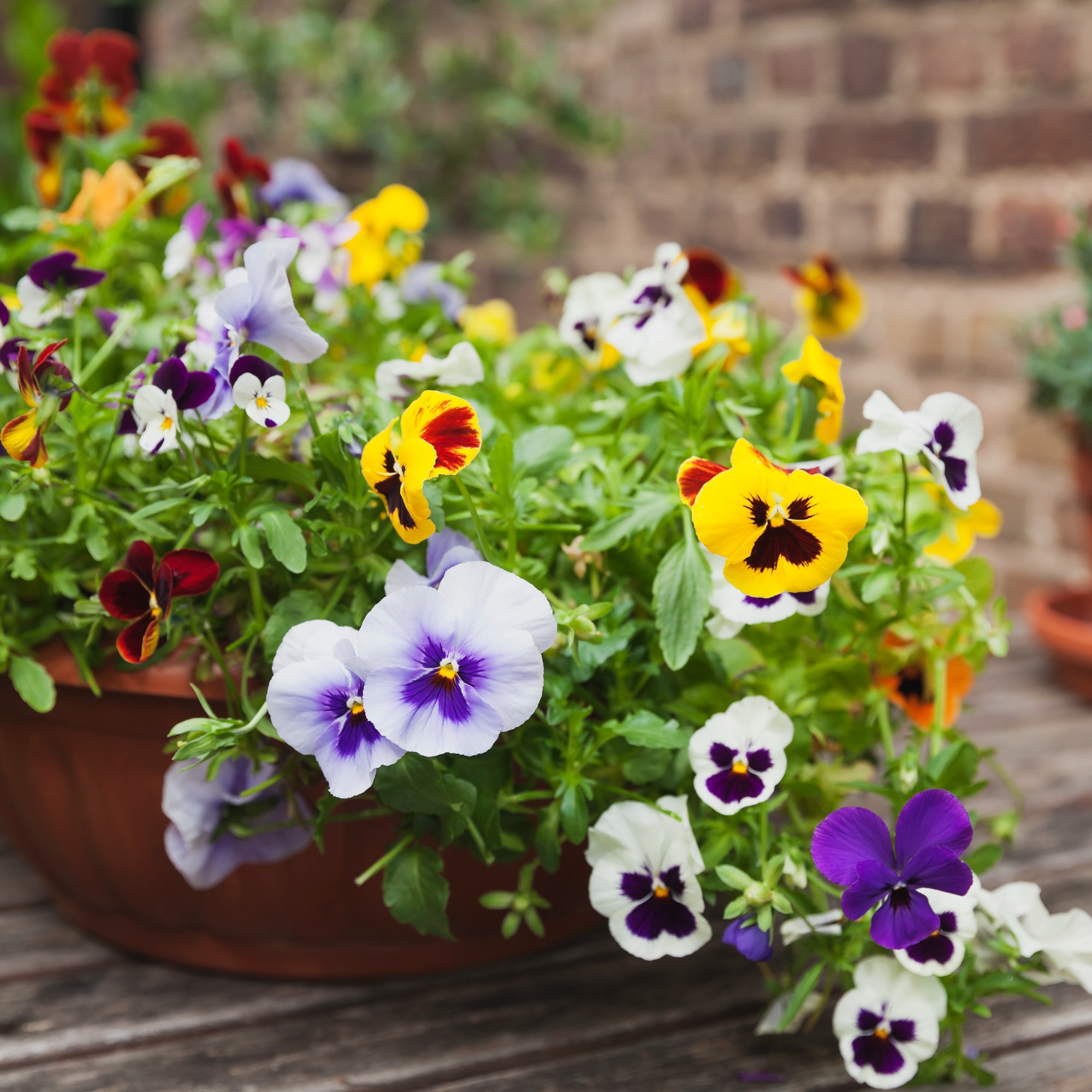
Do pansies need to be deadheaded?
Deadheading is one of the most important things you can do for your pansies, along with choosing the right location, watering them regularly and feeding them. Just make sure you avoid any deadheading mistakes by following Steve’s instructions.
‘After pansies have flowered, they should be deadheaded as soon as possible. This will encourage more blooms in upcoming flowering seasons, and will help keep the plant healthy. Simply take the flower heads off by pinching or cutting at the very tip of the stem right below the flower. You could also give them a quick prune by removing any dead, damaged or diseased parts of the plant, in order to keep it healthy,’ Steve says.
And that’s all you need to know about pansy care to set you up for success. Wasn't so hard, was it?







